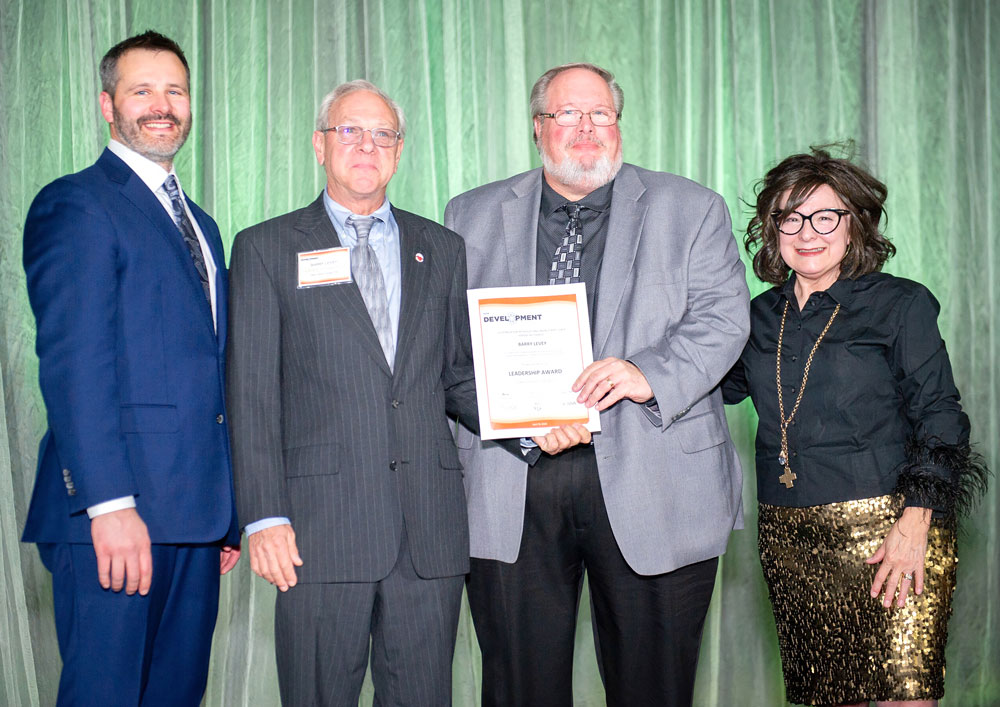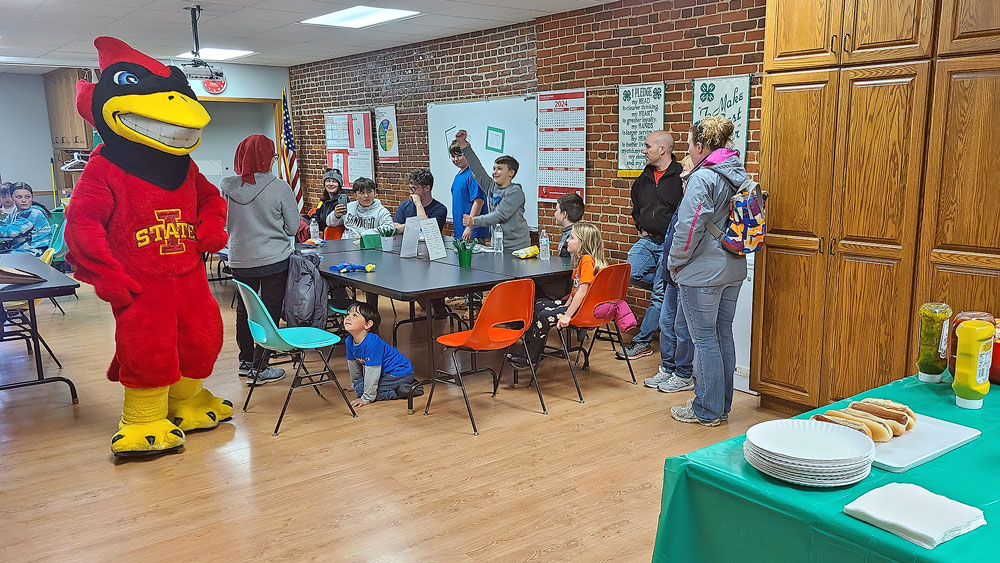Where I stand on the national anthem
By John Burbridge sports@charlescitypress.com
I stand during the playing of the national anthem.
My posture, however, is sometimes the subject of rebuke.
Like our previous president, I stand with my hands joined at belt level as opposed to my right hand over my heart, which many people insist is the proper way.
But then I even have pet peeves whenever my definition of national anthem etiquette is affronted. For one, I find it disrespectful whenever people cheer and shout belligerently during the entire playing and/or singing of the national anthem, like they do during Chicago Blackhawks home games.
Even though we might not be universal when we stand united, I find the playing of the “Star Spangled Banner” before sporting events is integral to the world of athletics.
Adhering to the late great Joseph Campbell’s philosophy of the “power of myth,” I believe sports provide the narratives (aka “myths”) that help refine and define cultural consciousness. Perseverance, courage, conflict (human and nature), loyalty, exhilaration, heartbreak, redemption … even revenge often play out in the dramas. And like plays, most sporting events have three acts: first half, halftime, second half.
Sports can also be referred to as a microcosm of life’s conflicts. Similar to the political world itself, fans tend to align themselves according to provincialism, tradition and representative colors.
In such passionate settings, disagreements occur and perceptions vary — “That was a great call!” … “No! That was a terrible call!”
Of course, things can get out of hand, especially during events that serve alcohol. Yet before the game there’s an opportunity for those in attendance — be it Packer fans or Bears fans — to momentary put aside differences and stand as one for several civil minutes to honor the country and the sacrifices that made it so great.
I must reiterate that this is an “opportunity.” It should never be a mandate.
Granted, the National Football League as well as any league — professional or amateur — has a right to exercise a broad latitude of dominion over its members who choose to be members. For instance, the NFL can fine and suspend players who don’t tuck in their jerseys.
Lately, there’s been a call to fire the “SOBs” who have been taking a knee or sitting during the playing of the national anthem before football games. Certainly, the NFL and its owners have the power to take such action and not spend a day in court.
The individual reasons cited for the protests have varying degrees of legitimacy. But one beef that has been gaining some traction during this extended flap centers on the origins of the “Star Spangled Banner.”
As some may well know, the song’s author was Francis Scott Key, who witnessed the “Battle of Baltimore” while aboard the HMS Tonnart. Key was negotiating the release of Dr. William Beanes and several other locals who were captured by the British during raids on farms during the War of 1812.
Key was not a prisoner himself, rather a temporary “captive” as the British prudently detained him aboard the ship to prevent him from revealing their positions before the assault.
When Key saw the United States flag being raised above Fort McHenry the morning after the fort withstood the assault and helped save the city, it was the inspiration for the four-stanza poem he wrote entitled “The Defence of Fort McHenry.”
But part of the poem may have also been inspired by the “Battle of Bladensburg,” from which Key was an active participant several weeks before while serving as an aide to Brigadier General Walter Smith.
The battle was one of the worst military disasters in United States history as it resulted in the capture and burning of Washington. Though the United States boasted superior numbers and suffered far fewer casualties, many of its troops were untrained militia personnel who bolted from the battlefield to the safety of their homes.
Among the British troops were the Corps of Colonial Marines, consisting of 200 former black slaves recently freed by the British on the condition they join in the fight. With no homes to run back to, the former slaves took a more “liberty or death” initiative while assisting in the rout.
For a slave owner and district attorney who prosecuted cases involving the first incarnation of the Fugitive Slave Act, being part of such a disgraceful defeat caused in part by freed slaves may have not sat well with Francis Scott Key, which brings us to the third stanza of his poem that includes these lines:
Their blood has washed out their foul footsteps’ pollution.
No refuge could save the hireling and slave
From the terror of flight, or the gloom of the grave
With self-imposed parameters and pentameters, poems tend to be misinterpreted — maybe Key couldn’t find another word that rhymes with “grave”. But there are those who are not so forgiving when deciphering the work and its back-story, and consider the passage vindictive and end zone dance-like celebratory in the way it revels about the blood spilled from treasonous slaves fighting for their freedom.
There’s a good chance that many of the protesting players are unaware about the lost stanzas from the poem that would be pared-down and rechristened “The Star Spangled Banner” before being anointed our national anthem more than a century after its composition. But with the song’s origins slowing creeping into the conversation, any further enlightenment will likely give the protesters a means to double-down on their indignation while buttressing their stand — or non-stand.
Then there are those who are already aware of the poem’s original full-version and who have long since found its context taken in its entirety to be deal-breaking dubious when it comes to paying it homage.
Whether you agree with the remonstrance and/or lack of reverence or not, to coerce someone with the threat of banishment and unemployment if they don’t waver from their implacable beliefs reeks of tyranny.
As for the poem’s surviving first stanza and its synthesis to the tune “To Anacreon in Heaven” … I find it a “match made in heaven” resulting in one of the greatest songs ever made. It has repeatedly served as the soundtrack to some of most inspiring moments that make up the human experience, like United States Army reservist Sam Kendricks stopping his approach during the pole vault qualifying heat of the 2016 Olympics to stand at attention and sing along when the anthem was being played during a medal ceremony simultaneously taking place in the stadium.
Such patriotic actions could have derailed the Olympic dreams of Kendricks, who nonetheless won a bronze medal.
I was even inspired by Zakk Wylde’s guitar rendition that served as the highlight of a day-and-night-long OzzFest concert I attended many “bark at the moons” ago.
But like for most every great song, poem or work of art that graces the world and its nations, the first draft often goes through a process of editing, omitting and fine-tuning before it attains the right “Key.”









Social Share